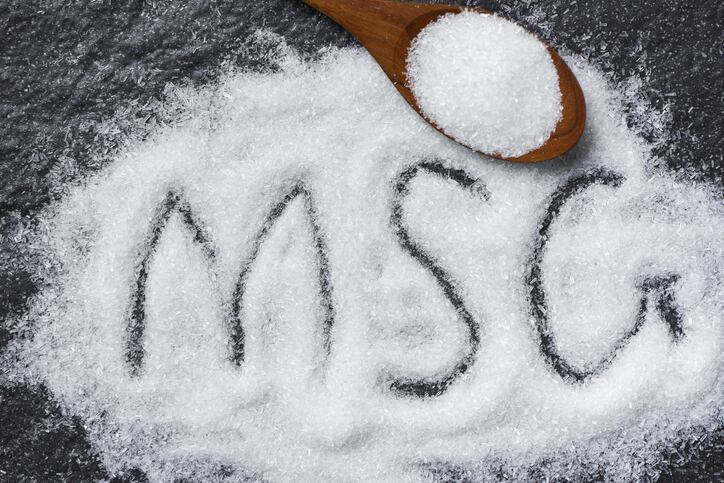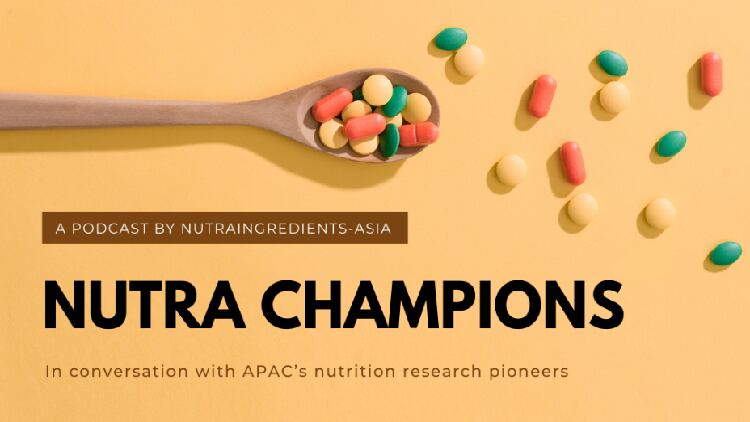Subjects taking PEA coated with the novel technology also consistently maintained a higher concentration of PEA in their blood as compared to those taking the standard version.
With the increased bioavailability, the researchers believe the use of the technology could potentially increase the efficacy of PEA for alleviating problems such as inflammation.
Published in the Journal nutraceuticals and Food Science, the study was funded by Pharmako Biotechnologies and Gencor Pacific, which provided the novel dispersion technology LipiSperse and the PEA formulations respectively.
Recruiting 28 healthy subjects, the parallel, double-blind study randomised the subjects into two groups.
One group took a 300mg dose of PEA coated with LipiSperse. This formulation is commercially referred to as LevagenTM+.
The other group took a single 300mg dose of standard PEA. To prevent other factors from intervening with the body’s absorption of PEA, all subjects ate the same foods on the day of the trial.
In the next four hours, the amount of PEA in their bodies was measured at eight different timings, starting from the 30th minute till 240th minute post-ingestion.
Results
By the end of the four-hour study, the total amount of PEA found in the blood plasma in the experiment group was 1.75 times higher than the placebo group.
Expressed as the total area under curve (AUC), the experiment group’s plasma PEA concentration was 1,942 ± 701.1.
This is 1.75 times higher than the 1,117 ± 485.1 seen in the placebo group.
In addition, the experiment group saw a higher and faster peak in the amount of PEA found in their blood.
Their PEA plasma concentration peaked at the 105th minute at 11.12 ± 4.13 pmol/ml.
Whereas for the placebo group, their PEA plasma concentration peaked at the 125th minute at 7.96 ± 3.19 pmol/ml.
However, the researchers noted that there were no statistically significant differences between the maximum plasma concentration of PEA in the two groups.
“By maintaining a steady state plasma concentration, LevagenTM+ may aid in the treatment of inflammatory conditions by providing a potentially longer, more sustained, treatment period,” the researchers concluded.
Mechanisms
The researchers believe that LipiSperse increases the bioavailability of PEA by producing a coating on the surface of the PEA molecules.
The coating prevents PEA crystals from agglomerating, in turn increases the specific surface area of PEA in the gastrointestinal tract.
“LipiSperse® coats the surface of the PEA molecule, reducing the hydrophobic nature of PEA and acting as a dispersing agent and likely responsible for the increase in gastrointestinal absorption as reported here, potentially due to the prevention of agglomeration,” the researchers explained.
Source: Journal of Nutraceuticals and Food Science
Increased Absorption of Palmitoylethanolamide Using a Novel Dispersion Technology System (LipiSperse®)
DOI: 10.36648/nutraceuticals.5.2.3
Authors: Briskey, et al





